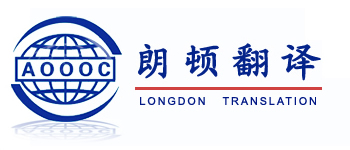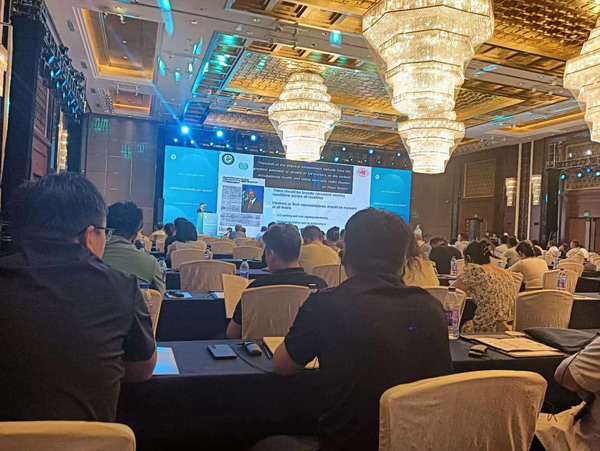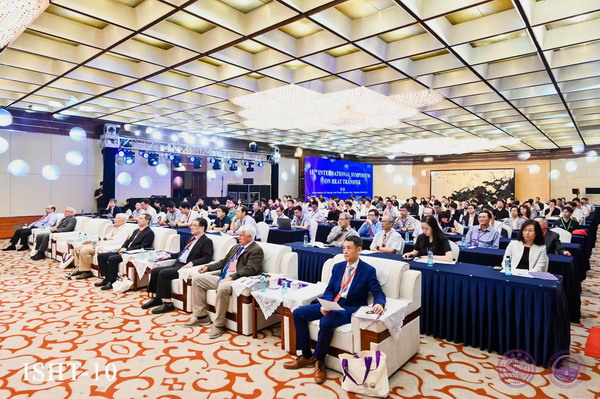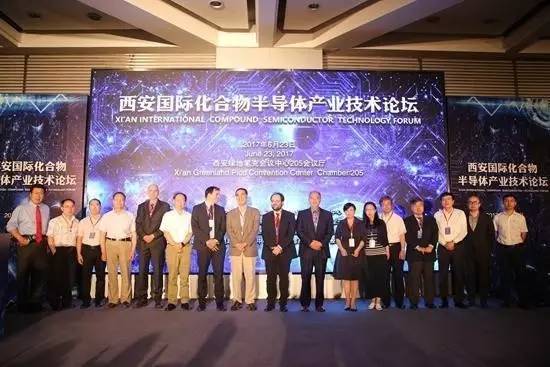This week the generals persuaded Donald Trump to keep up the fight in Afghanistan. A frustrated US president agreed reluctantly. Time will tell whether his personality and politics can sustain a long-term commitment.
本周,美國(guó)的將軍們勸說(shuō)唐納德?特朗普(Donald Trump)總統(tǒng)繼續(xù)保持在阿富汗的戰(zhàn)斗。失望的特朗普勉強(qiáng)同意了。時(shí)間將證明他的個(gè)性和政謀能否支撐一項(xiàng)長(zhǎng)期承諾。
Half a year into his presidency, Mr Trump’s foreign policy has five distinctive features. The Trumpian approach differs from that of his predecessors in type, not just degree, and other countries around the world need to be aware of the dissonance with past conduct.
在擔(dān)任總統(tǒng)的半年間,特朗普的外交政策呈現(xiàn)出五大顯著特征。特朗普式外交在類(lèi)型上(而不只是程度上)與眾多前任截然不同,世界各國(guó)都需要認(rèn)識(shí)到這種與過(guò)去行為的不一致性。
First, Mr Trump is transactional, not institutional. He views foreign policy like a dealmaker and does not care whether the outcomes fit America’s traditional practice of building systems that advance its interests and values. As a negotiator, Mr Trump will be periodically confrontational. He can be impulsive. He welcomes creating uncertainty, which he believes builds leverage. Mr Trump’s ego plays an exceptionally large role and so do personal — and even family — relations. He is the first president in my experience who does not believe the office is larger than himself.
首先,特朗普屬于交易型領(lǐng)導(dǎo)人,而非制度型。他像交易撮合者一樣看待外交政策,不關(guān)心其政策結(jié)果是否符合美國(guó)的傳統(tǒng)做法——建立推進(jìn)美國(guó)的利益和價(jià)值觀的制度。在談判桌上,特朗普將不時(shí)展現(xiàn)對(duì)抗性姿態(tài)。他容易沖動(dòng)。他喜歡制造不確定性,并認(rèn)為這種不確定性能夠增強(qiáng)其影響力。特朗普的自我意識(shí)在其中發(fā)揮著極其巨大的作用,還有他的私人(甚至家庭)關(guān)系。他是我經(jīng)歷過(guò)的首位不認(rèn)為機(jī)構(gòu)大于個(gè)人的總統(tǒng)。
Second, Mr Trump’s domestic political interests will dominate his foreign policy. One wise American statesman suggested to me this spring that Mr Trump, like other presidents, wants to be successful, and therefore would move closer to mainstream policies. This assessment depends on how one defines success: I believe Mr Trump’s aim is a political realignment, which he thinks he can achieve by embracing and voicing the grievances of his voters.
第二,特朗普在國(guó)內(nèi)政治中的利益將主導(dǎo)其外交政策。一位充滿(mǎn)智慧的美國(guó)政治家今春提示我:特朗普像別的總統(tǒng)一樣希望獲得成功,因而,他將進(jìn)一步向主流政策靠近。這一判斷取決于如何定義成功:我認(rèn)為特朗普的目標(biāo)是進(jìn)行政治重組,他認(rèn)為這可以通過(guò)迎合并表達(dá)支持他的選民的不滿(mǎn)來(lái)實(shí)現(xiàn)這一目標(biāo)。
Accordingly, he welcomes battles over trade, immigration and his wall with Mexico. Note as well that the president’s directive in the Middle East is to destroy the terrorists of Isis — obvious enemies that his backers can recognise. He has no plans to complement military action by creating forces or safe zones that can establish a rough power balance on the ground and resist Iranian expansion.
因此,他歡迎圍繞貿(mào)易、移民的拉鋸戰(zhàn),執(zhí)意在美墨邊境建墻。還要注意的是,特朗普中東政策的主要目標(biāo)是消滅“伊拉克和黎凡特伊斯蘭國(guó)”(ISIS)恐怖分子——其支持者能分辨出的公認(rèn)的敵人。他并未計(jì)劃通過(guò)幫助地區(qū)國(guó)家訓(xùn)練軍隊(duì)或設(shè)立安全區(qū)來(lái)補(bǔ)充軍事行動(dòng),從而在該地區(qū)建立一種大致的權(quán)力平衡,并抵制伊朗的擴(kuò)張。
After being compelled to remain in Afghanistan when he wanted to withdraw, Mr Trump will redefine the battle as smashing terrorism in line with his supporters, even though he really will need to strengthen the Kabul government’s capacity to succeed.
特朗普本希望從阿富汗撤軍,但在被迫留在阿富汗后,他將把這場(chǎng)斗爭(zhēng)重新定義為消滅恐怖主義的戰(zhàn)爭(zhēng),以便與其支持者保持一致,盡管他真正需要做的是加強(qiáng)喀布爾政府成功治理國(guó)家的能力。
Third, trade policy will reflect most explicitly Mr Trump’s dissonant outlook. He proudly embraced protectionism in his inaugural address, the first president since Herbert Hoover to make such a public stand. Take Mr Trump at his word. In order to signal a belligerent break with the past, he abandoned the Trans-Pacific Partnership, whose new rules and market openings would have benefited the US. Mr Trump and Wilbur Ross, commerce secretary, view bilateral trade deficits in the way businesspeople view negative net income: as losing. Therefore, countries that have large bilateral surpluses with the US — such as Mexico, South Korea and Germany — will draw presidential ire.
第三,貿(mào)易政策將最明顯地反映出特朗普的另類(lèi)視界。他曾在就職演說(shuō)中自豪地?fù)肀ПWo(hù)主義,成為繼赫伯特?胡佛(Herbert Hoover)之后首位公開(kāi)表述此類(lèi)立場(chǎng)的總統(tǒng)。特朗普也是說(shuō)到做到。為了表示與過(guò)去徹底決裂,他拋棄了《跨太平洋伙伴關(guān)系協(xié)定》(Trans-Pacific Partnership,簡(jiǎn)稱(chēng)TPP),該協(xié)定的新規(guī)則和市場(chǎng)開(kāi)放本能夠讓美國(guó)受益。特朗普與商務(wù)部長(zhǎng)威爾伯?羅斯(Wilbur Ross)用商界人士看待負(fù)凈利潤(rùn)的方式看待雙邊貿(mào)易逆差:虧本。因而,對(duì)美國(guó)存在巨額雙邊貿(mào)易順差的國(guó)家(如墨西哥、韓國(guó)和德國(guó))都將引發(fā)特朗普的憤怒。
Adroit early visits by the leaders of China and Japan led them to hope they could avoid Mr Trump’s aim, but they are mistaken. The president’s problem will be that bilateral trade deficits are hard to modify through trade policies; to address them, the administration will most likely turn from rules for fair competition and openness toward managed outcomes, dictated market shares and requirements for national content. Watch the renegotiation of Nafta to learn how Mr Trump will try to translate political rhetoric into policy.
先前對(duì)美國(guó)進(jìn)行的順利訪(fǎng)問(wèn),使中國(guó)和日本領(lǐng)導(dǎo)人希望能夠避免成為特朗普的目標(biāo),但他們判斷錯(cuò)了。特朗普面臨的問(wèn)題是,雙邊貿(mào)易逆差很難通過(guò)貿(mào)易政策來(lái)調(diào)整;為解決這些問(wèn)題,特朗普政府最大的可能是,放棄公平競(jìng)爭(zhēng)和開(kāi)放的規(guī)則,轉(zhuǎn)向干預(yù)競(jìng)爭(zhēng)結(jié)果、控制市場(chǎng)份額和規(guī)定國(guó)家成分要求。看看正在重新談判的《北美自由貿(mào)易協(xié)定》(NAFTA),就可以了解特朗普將怎樣設(shè)法把政治辭令轉(zhuǎn)化為政策。
Fourth, Mr Trump is ambivalent about alliances. He believes that the US has been too generous and can no longer afford the 70-year old security system that America led in creating after the second world war. But the US alliance network has forged a resiliency through professional ties, planning, institutions and even the careers, customs and habits of the US military.
第四,特朗普對(duì)以美國(guó)為首的聯(lián)盟持矛盾態(tài)度。他認(rèn)為美國(guó)一直以來(lái)過(guò)于慷慨,無(wú)法再維持其在二戰(zhàn)后牽頭打造的、已有70年歷史的舊安全體系。但美國(guó)的聯(lián)盟網(wǎng)絡(luò)已經(jīng)通過(guò)專(zhuān)業(yè)紐帶、規(guī)劃、制度,甚至美軍的職業(yè)生涯、習(xí)俗和習(xí)慣形成了生命力。
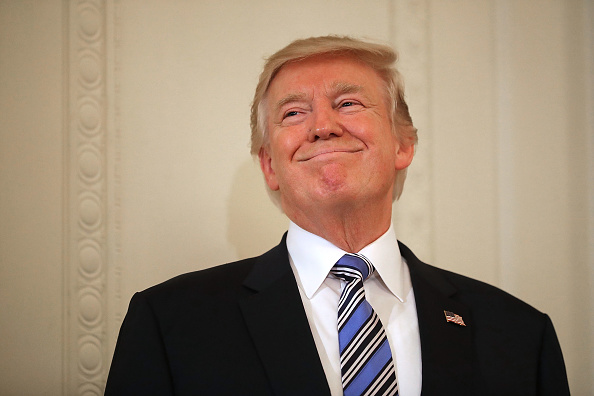
James Mattis, secretary of defence, embodies that heritage. Therefore, while Trump is not likelyto invest much effort in alliance management, he may comply with past practice, albeit withperiodic blasts of complaint, as he is doing in Afghanistan.
國(guó)防部長(zhǎng)詹姆斯?馬蒂斯(James Mattis)體現(xiàn)了這一傳統(tǒng)。因此,雖然特朗普不大可能在聯(lián)盟管理方面投入太多精力,但馬蒂斯或?qū)⒆裱瓚T例——盡管他也會(huì)不時(shí)地像在阿富汗那樣發(fā)出抱怨。
Finally, Mr Trump’s tenure is underscoring a vital point about America: it is far bigger than thepresident. Unlike China, Americans chose a constitutional order, not a ‘Core Leader’. USpolicies are products of shared and separated powers among various institutions and parties:the Senate and House, of course, but also courts, states, cities, federal departments and theprivate sector, including businesses and civil society.
最后,特朗普的任期凸顯了美國(guó)的一個(gè)關(guān)鍵特點(diǎn):國(guó)家比總統(tǒng)本身大得多。與中國(guó)不同,美國(guó)人選擇的是憲法秩序,而非“核心領(lǐng)導(dǎo)人”。美國(guó)的政策是各種機(jī)構(gòu)和政黨之間共享權(quán)力和分權(quán)的產(chǎn)物,這些機(jī)構(gòu)既包括參議院、眾議院,也包括法院、州、市、聯(lián)邦部門(mén)以及包括企業(yè)和公民社會(huì)在內(nèi)的私營(yíng)部門(mén)。
Ironically, Mr Trump’s acolytes consider the US founders’ careful construction to be a “deepstate”, mistaking the institutions of a healthy republic for some faceless resistance to Trump’swhims. But in foreign policy, some patriots will not support Mr Trump’s pitting of Americannationalism against the country’s internationalism. They recognise that most often USnationalism and internationalism have been in synchrony, not conflict, and that the mixturecreated America’s unique global leadership.
具有諷刺意味的是,特朗普的助手們認(rèn)為,美國(guó)國(guó)父精心打造的制度是一股“暗深勢(shì)力”(deep state),將一個(gè)健康的共和國(guó)的制度誤認(rèn)為是對(duì)特朗普種種奇想的無(wú)端抵制。但在外交政策方面,一些愛(ài)國(guó)者不會(huì)支持特朗普用美式民族主義對(duì)抗美國(guó)的國(guó)際主義。他們認(rèn)為,美國(guó)的民族主義與國(guó)際主義多數(shù)時(shí)候都是同步的,并不相沖突,而且正是這種結(jié)合創(chuàng)造了美國(guó)獨(dú)特的全球領(lǐng)導(dǎo)力。
